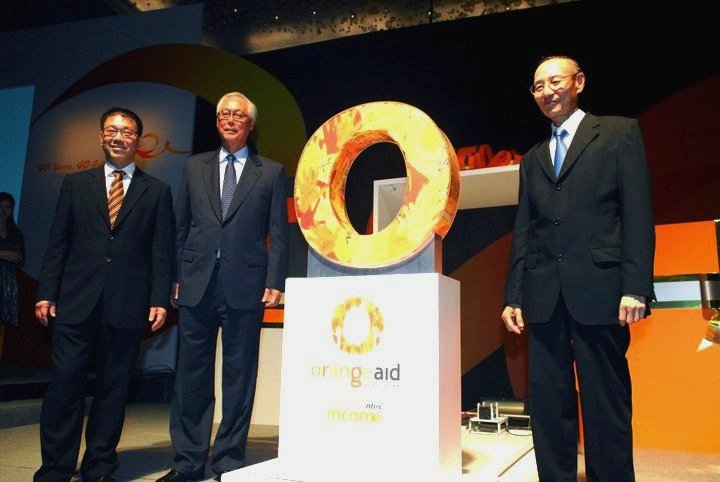U.S. Marines Assume Security Roles Amid Protests in Los Angeles

LOS ANGELES (AP) — On June 13, 2025, U.S. Marines were seen taking guard positions outside the Wilshire Federal Building in Los Angeles, marking a significant shift in security protocols amid ongoing protests against federal immigration raids. This deployment follows a tumultuous week of demonstrations that erupted in response to the Trump administration's aggressive immigration enforcement actions.
The decision to deploy Marines comes after protests intensified over the past weekend, with demonstrators expressing outrage against the arrests of immigrants, including asylum-seekers and individuals awaiting court hearings. According to Major General Scott Sherman, Commander of Task Force 51, approximately 200 Marines have been stationed in the city as they begin to assume roles previously held by National Guard troops. Sherman emphasized that the military's primary function is to protect federal law enforcement personnel, stating, "The soldiers will not participate in law enforcement activities."
This transition of security responsibility has been met with mixed reactions. Critics, including California Governor Gavin Newsom, have condemned the deployment as a breach of state sovereignty. Newsom described the action as a "serious breach of state sovereignty" and characterized it as a power grab by the Trump administration. In a statement, he expressed concerns about the legality of the deployment, referencing a federal court ruling that had previously deemed the National Guard's involvement illegal under the Tenth Amendment, which delineates the powers of federal and state governments.
The ongoing protests have seen significant public participation, with many demonstrators gathering peacefully despite a curfew imposed in a one-square-mile area of downtown Los Angeles. Over 500 arrests have occurred since the onset of the protests, mostly for failing to disperse when ordered by law enforcement. The police have reported that the majority of these arrests were non-violent, although there were incidents involving assaults on officers and possession of illegal weapons.
The protests are part of a larger national movement, with demonstrations reported in more than a dozen major U.S. cities. While many of these protests have remained peaceful, there have been clashes with police in certain areas, leading to further arrests and the deployment of law enforcement tactics such as tear gas and rubber bullets.
In a broader context, the deployment of Marines raises significant questions regarding the use of military personnel in domestic law enforcement. Under federal law, active-duty forces are generally prohibited from engaging in law enforcement functions; however, the Trump administration has cited a legal provision that allows for the mobilization of federal service members in response to what it describes as rebellion or danger to government authority.
Experts are divided on the implications of this military involvement in domestic affairs. Dr. Mark Thompson, a professor of Political Science at Stanford University, argues that such actions could set a dangerous precedent for the militarization of domestic policing. He notes, "When military forces are used on U.S. soil in civilian contexts, it raises fundamental questions about the role of the military in a democratic society."
Conversely, proponents of the deployment argue that it is necessary for maintaining order and protecting federal agents engaged in immigration enforcement. The administration has framed the troops' presence as a crucial measure to restore stability in the face of civil unrest.
As the situation develops, the public and lawmakers alike will be closely monitoring the effective use of military resources in civilian settings. With additional protests anticipated over the weekend and ongoing debates about immigration policy and state versus federal authority, the implications of this military presence will continue to resonate across the nation.
The Los Angeles protests highlight a critical juncture in American society, revealing deep divisions over immigration policy, civil rights, and the appropriate role of the military in domestic affairs. The future of these protests, and the administration's response to them, will likely have lasting effects on public perception and policy in the United States.
Advertisement
Tags
Advertisement





